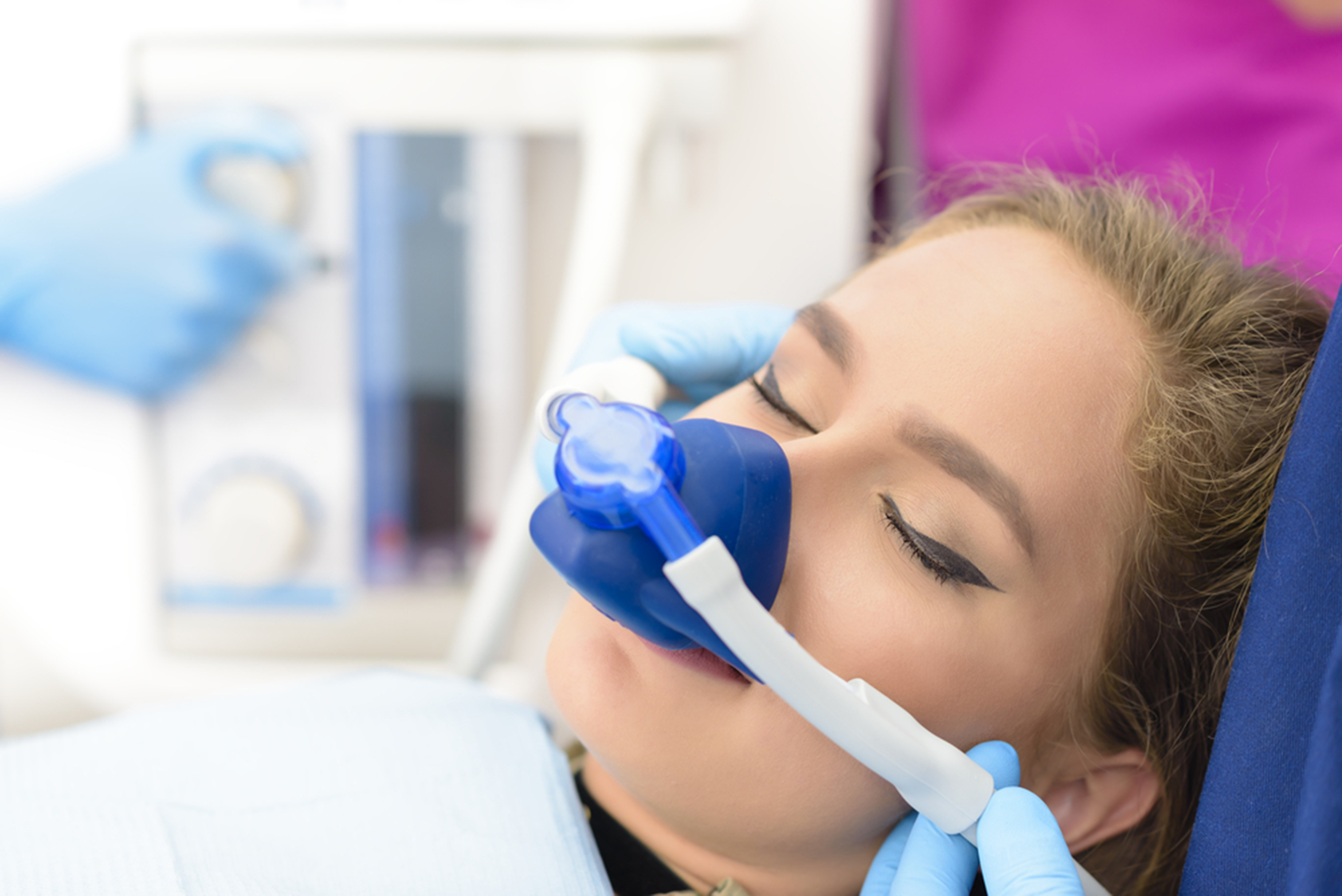Are you anxious to visit a dentist? Have you been avoiding dental treatments in fear of pain? Some people would rather endure the pain of a toothache than make their way to a dentist. Fear no more as you can choose sedation dentistry in Apollo Beach.
What is sedation or painless dentistry?
This procedure uses medications to help the patient relax during their dental procedure. It may also be referred to as sleep dentistry although patients are usually awake except those under general anesthesia.
Among the known stages of sedation are:
Minimal sedation – you are conscious but relaxed.
Moderate sedation – here, you are partially unconscious. You are unlikely to remember the procedure.
Deep sedation – You are at the edge of being conscious but can be awakened.
General anesthesia – here, the patient is completely unconscious.
Common types of sedations recommended in dentistry
There are several types of sedation applied in dentistry. They include:
Inhaled minimal sedation
This type of sedation makes use of nitrous oxide also known as ‘laughing gas’ which is an effective way to reduce anxiety for both children and adults. With a mask positioned on your nose, you inhale the gas, regulated by a dentist, to put you into relaxation. The advantage of this type of sedation is that it wears off fast and is the only sedation a dentist can administer in which patients can drive home after the procedure.
Oral sedation
This sedation can be minimal or moderate depending on the dose given. Minimal sedation involves taking a pill. The common pill used is Halcion, a drug member of the larger Valium family. This drug is intended to be taken at least an hour before the procedure. The aim of the pill is to make you drowsy yet still awake.
IV moderate sedation
This sedation is administered by the dentist through the veins. It usually takes effect within a short time and the dentist is in control of the sedative level.
General anesthesia and deep sedation
As the name suggests, this sedation will make you either totally unconscious or near lyun conscious during the procedure depending on the sedative level. After the procedure, it takes some time before the patient and the anesthesia effect is reversed.
Regardless of the sedation type administered by a dentist near you, you will need local anesthesia to alleviate any pain or discomfort felt.
Do I qualify for sedation?
Sedation is recommended for anyone in fear or anxious about visiting a dentist. Besides this, sedation can be appropriate if you:
- have very sensitive teeth
- show a strong gag reflex
- are incapable of sitting still in the chair
- hate the tastes, smells, and noises related to dental care
- hates shots and needles
For children, sedation is commonly recommended when they are terrified to visit a dentist or refuse to cooperate. Nitrous oxide is preferred for children as its safe and can be administered by any dentist. The other option for kids is oral sedation, a kid’s dentist near you can administer this. Oral sedation can be safe when administered within the recommended dose based on the child’s weight and age.
Are all dentists qualified to perform sedation?
There are different types of sedation that can be administered by any dentist. Most dentists can administer minimal sedation and moderate sedation. The qualifications to practice as a dentist may vary from one state to the other but most states require one to have a permit to perform sedation.
Is sedation dentistry safe for children?
It is safe, especially when administered at pediatric offices near you. It is advised to learn the training, qualifications, and experience of the dentist. Its safety also depends on the procedure. The patient should provide their medical history to their dentist. Note, it is your dentist’s responsibility to explain the procedure and the type of sedation that will be carried out.
